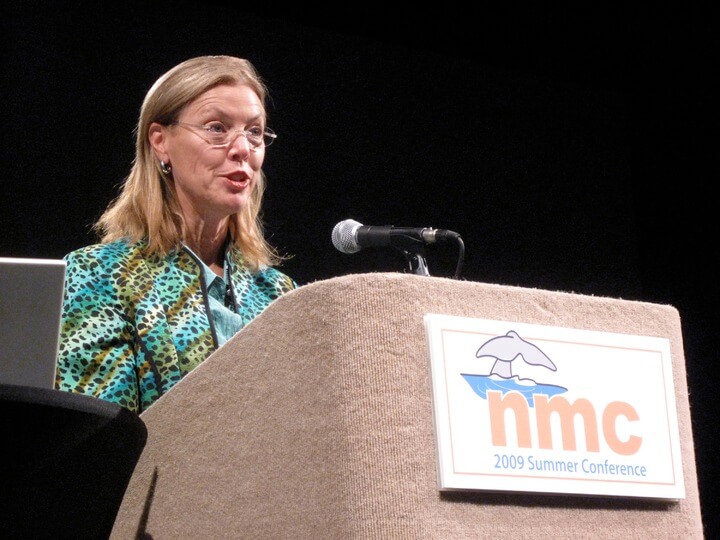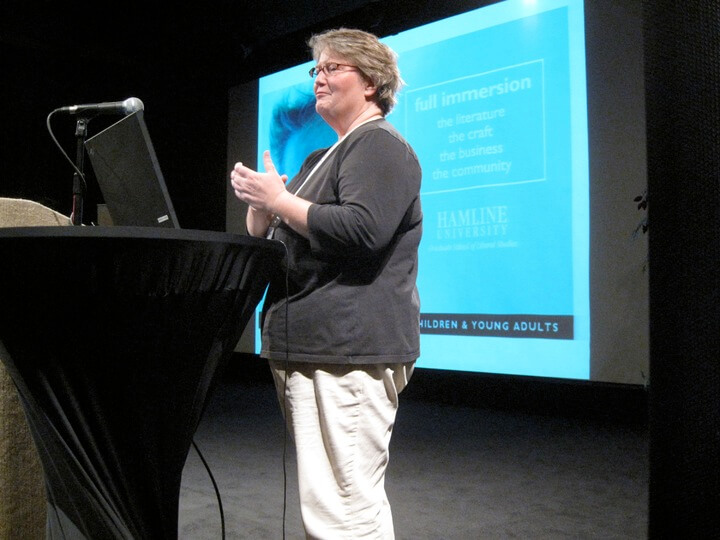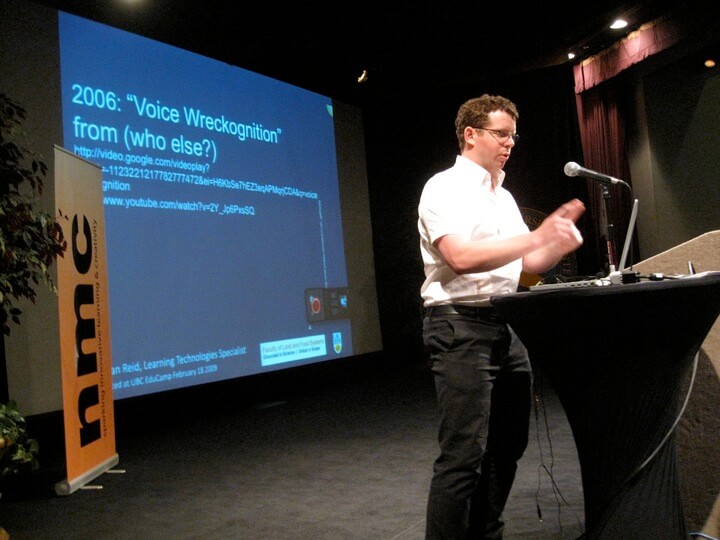Mastering the Art of Public Speaking: Expert Tips for Engaging Your Audience
Public speaking is a skill that can be acquired and perfected with practice and knowledge. Whether you’re addressing a small group or a large audience, captivating your listeners is essential for effective communication. To master the art of public speaking, you need a combination of techniques and strategies.
One key aspect is crafting a compelling narrative. A well-structured speech or presentation has a clear beginning, middle, and end. Begin with a hook to grab your audience’s attention, introduce your main points, and conclude with a memorable takeaway. Storytelling is a powerful tool here; anecdotes and examples make your content relatable and memorable.
Body language plays a vital role in engaging your audience. Maintain eye contact to establish a connection, use hand gestures to emphasize key points, and vary your tone and pace to keep listeners attentive. Your body language should complement your words and convey confidence.
Additionally, practice is crucial. Rehearse your speech multiple times, preferably in front of a trusted friend or colleague who can provide constructive feedback. Familiarity with your material will boost your confidence and help you navigate any unexpected twists during your presentation.




